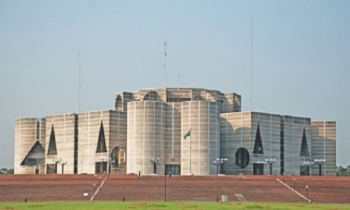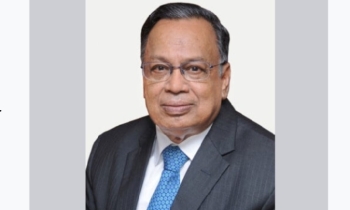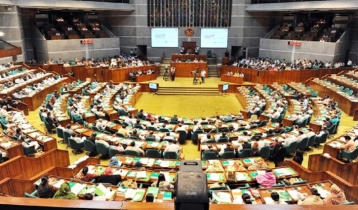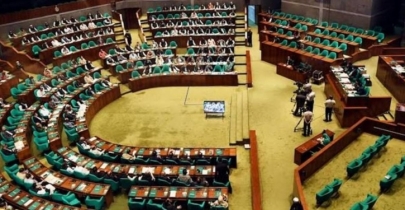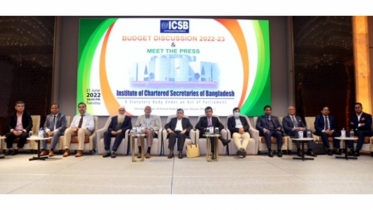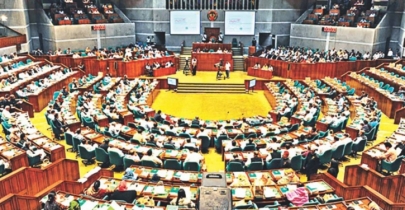Macroeconomic stability key challenge in budget: Hossain Zillur Rahman
Asif Showkat Kallol || BusinessInsider
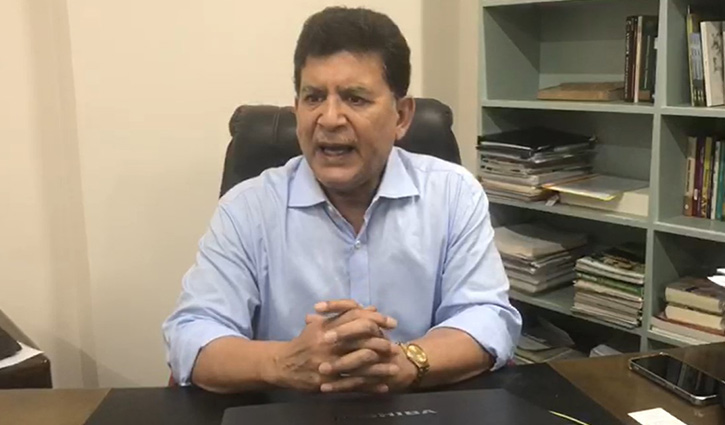
Dr Hossain Zillur Rahman. Photo: Business Insider Bangladesh
The government’s prime budgetary challenge this year is to save the country from some economic effects as a number of macroeconomic parameters weakened due to higher inflation and supply shock caused by the prolonged Russia-Ukraine war.
Dr Hossain Zillur Rahman, an eminent economist and chairperson of BRAC, the world’s largest NGO, observed this in an interview with the Business Insider Bangladesh’s Economic Affairs Editor.
He said it is true that the government has taken some austerity measures to lessen public expenditure and has also restricted imports to ease pressure on the US dollar.
“But austerity measures can have a negative impact on consumption and investment in the country, too” he said.
The budget is not a short-term plan as the country’s major economic challenges are to achieve the SDG goals and maintain the middle-income country status. So it is not that simple to resolve the problem of US dollar crunch within the budget’s purview, said Rahman, also the former adviser to a caretaker government.
Dr Rahman said the government should announce the next budget incorporating a strong measure to tame increasing inflationary pressure which has burdened the already battered consumers.
“Therefore, the government could expand TCB operations to reduce the urban poverty level and increase the number of beneficiaries of the social safety net.”
Dr Rahman, also the founder of Dhaka-based think-tank Power and Participation Research Centre (PPRC), said the revenue collection had been saggy in the last couple of the fiscal years which has been attributed to huge budget deficit.
“I want to request the finance minister to increase the stipend rates of 78 lakh beneficiary families. The stipend that was started in 2004 is so meager,” he said.
He wondered how the students’ stipend could be as small as Tk 100 per month.
Dr Rahman said the viability of development projects should be based on their necessity and effectiveness. Now, the ground to select the projects is becoming opaque.
He said there are stunning corruption incidents in the development project across the country which should not have occurred.
“But the development project does not provide us the maximum benefits as they are not the right ones. You may be aware of the fact that a latest survey showed that the peoples’ walking speed corresponds with the motor vehicles’ speed in the mega Dhaka city.”
Dr Rahman said the torments of the constituents could not be curbed unless there would be accountability, performance monitoring and appropriate project selection in the country.
“We, however, will be successful in implementing programmes and projects if they are conceived through forward planning. For instance, the Bangladesh Railway did a wonderful job transporting people from the northern part of the country during the Eid festival,” he said.
He wondered as to why prices of rice increased during the harvesting season and said it was so because of absence of economic accountability.
“It is true that imported inflation is one of the factors but it was more of a tribalism (by an interest group) that was the main reason behind the increase in the inflation,” he added.
Dr Rahman said: “Absence of accountability in every sector of the country is the reason for corruption ramification.”

